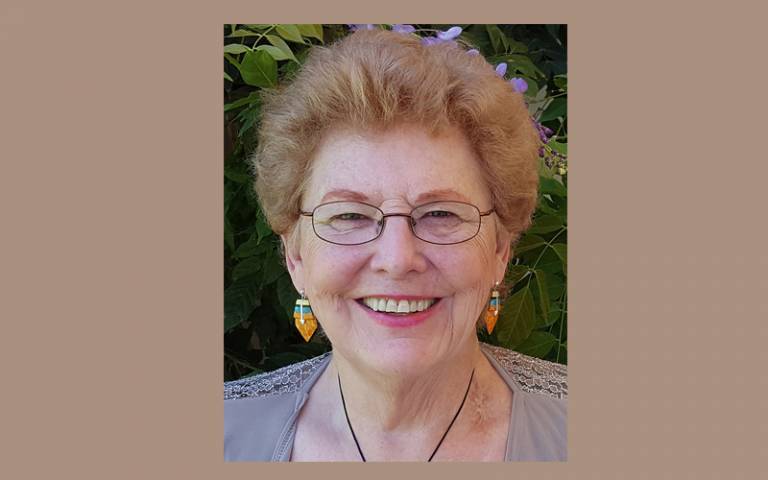VIRTUAL: 2021 UCL Rabindranath Tagore Lecture in Comparative Literature: N. Katherine Hayles
08 December 2021, 5:00 pm–7:00 pm

We are delighted to welcome N. Katherine Hayles and her lecture: Ecological Reciprocity: Utopian and Dystopian Possibilities
This event is free.
Event Information
Open to
- All | UCL staff | UCL students | UCL alumni
Availability
- Yes
Cost
- Free
Organiser
-
Comparative Literature Programme (SELCS) & Institute of Advanced Studies
Ecological Reciprocity: Utopian and Dystopian Possibilities
As the environment plunges deeper into crisis, we urgently need to re-examine the premises that keep contemporary governments, institutions, and publics from taking the necessary actions to slow down, and even reverse, environmental degradations. This talk explores some of those premises embedded in liberal philosophy, which since the Enlightenment has undergirded Western democracies. The talk argues that these premises have become counter-productive and need to be revised and rethought. One aspect of the problem is identified as the “Us versus Them”—the nearly universal human desire to provide for one’s kin, clan and nation before strangers and others. Solutions to this problem are explored through Kim Stanley Robinson’s recent novel, Ministry for the Future. The revised philosophical framework is called Ecological Reciprocity, and the talk argues that it offers our best hope for trajectories that heal the environment and promote justice over greed.
All welcome. This is a virtual event. Please note that there may be recording at some events. Please follow this FAQ link for more information. All our events are free but you can support the IAS here.
About the Speaker
N. Katherine Hayles
Distinguished Research Professor at University of California
N. Katherine Hayles is the Distinguished Research Professor at the University of California, Los Angeles, and the James B. Duke Professor Emerita from Duke University. Her research focuses on the relations of literature, science and technology in the 20th and 21st centuries. Her twelve print books include Postprint: Books and Becoming Computational (Columbia, 2021), Unthought: The Power of the Cognitive Nonconscious (Univ. of Chicago Press, 2017) and How We Think: Digital Media and Contemporary Technogenesis (Univ. of Chicago Press 2015), in addition to over 100 peer-reviewed articles. Her books have won several prizes, including The Rene Wellek Award for the Best Book in Literary Theory for How We Became Posthuman: Virtual Bodies in Literature, Cybernetics and Informatics, and the Suzanne Langer Award for Writing Machines. She has been recognized by many fellowships and awards, including two NEH Fellowships, a Guggenheim, a Rockefellar Residential Fellowship at Bellagio, and two University of California Presidential Research Fellowships. She is a member of the American Academy of Arts and Sciences. She is currently at work on Technosymbiosis: Futures of the Human.
 Close
Close

